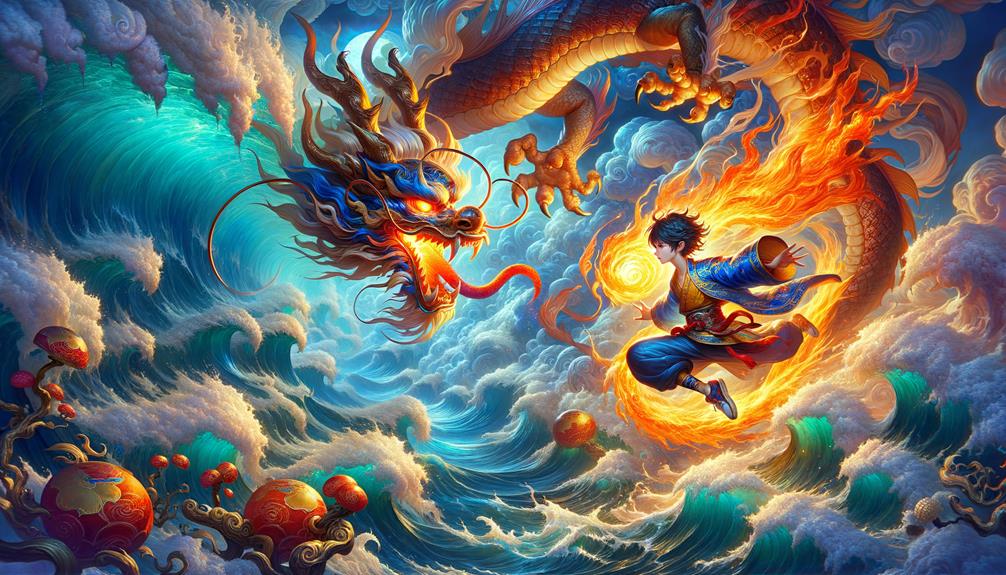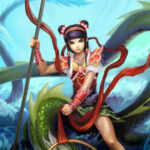With Great Power…? Nezha’s Early Actions and Their Moral Consequences
The classic Western adage—”with great power comes great responsibility”—echoes throughout mythology and modern storytelling. But does this moral framework apply universally? This article explores how Nezha, the rebellious and powerful Chinese deity, grapples with the consequences of his early actions, weaving parallels and contrasts with Western heroic traditions.
The Unchecked Fury of a Divine Child
Nezha’s legend begins in chaos—his birth itself is an act of defiance, and his childhood is marked by unrestrained power. Unlike Western heroes, who often receive guidance or mentorship before wielding their abilities, Nezha acts impulsively. His slaying of the Dragon King’s son is not a calculated strike against evil but a tantrum turned deadly, showcasing a stark departure from the Western trope of power tempered by wisdom.
This raises an important question: does power demand responsibility, or is responsibility learned through consequences? Nezha’s actions are met with divine punishment and personal tragedy, forcing him to confront guilt and remorse—a far cry from the preemptive moral lessons instilled in figures like Spider-Man or Superman. His journey isn’t about heroic duty but atonement.
Transformation Through Suffering
Unlike Western heroes who often bear responsibility from the outset, Nezha’s moral awakening is forged through suffering. His near-destruction at the hands of the Dragon King and his subsequent rebirth symbolize a shift from reckless power to purposeful strength. Here, the narrative diverges: Nezha doesn’t start as a hero but becomes one through loss.
This reflects a cultural difference in storytelling. Western narratives often emphasize the heroic ideal—flawed but fundamentally good. Nezha, however, embodies a redemptive arc, where power’s burden is understood only after its misuse. His final acts—protecting humanity and defying tyranny—stem not from inherent nobility, but from hard-earned lessons in accountability.
In the end, Nezha’s tale offers a compelling counterpoint to Western ideals. Power doesn’t always come with pre-installed responsibility; sometimes, it demands painful growth. His story reminds us that heroism isn’t just about wielding strength wisely—it’s about learning to carry its weight after stumbling under it first.


